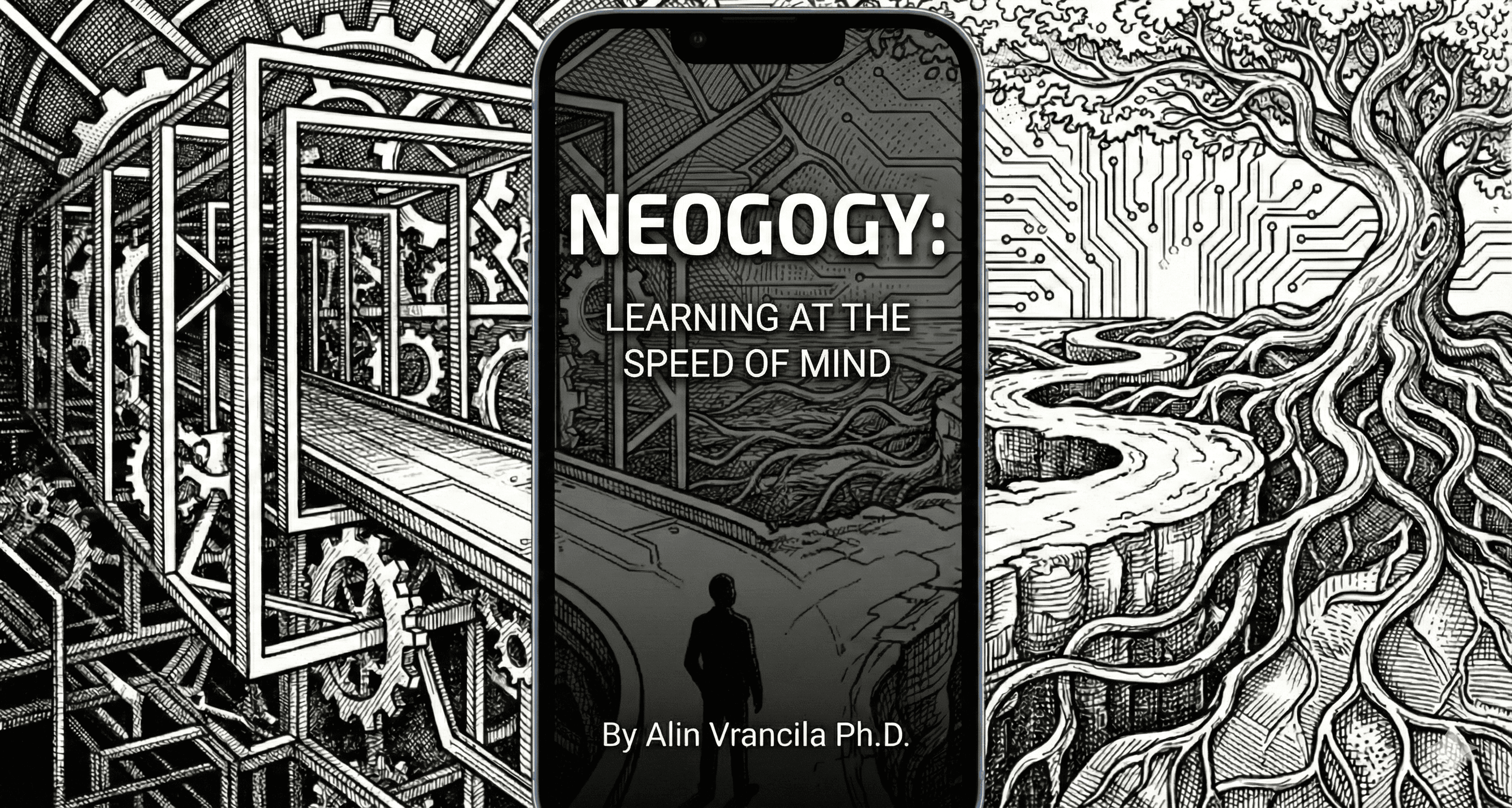Introduction: Beyond the Hype to Real Results
The artificial intelligence revolution in learning isn't coming—it's here. But while much of the conversation focuses on futuristic possibilities and theoretical frameworks, I want to share what we're actually achieving today with AI-powered learning platforms. At INspireWork.ai, we're not just talking about transformation; we're delivering it with 96% success rates and 7x faster learning outcomes.
These aren't aspirational metrics or carefully selected case studies. They represent the consistent, repeatable results we're seeing across diverse organizations, from Fortune 500 corporations to community colleges, from healthcare systems to manufacturing companies. The question isn't whether AI can transform learning—it's how quickly organizations can adapt to harness this transformational power.
The Current State: Why Traditional Learning Falls Short
Before we can appreciate the revolutionary potential of AI-powered learning, we need to understand why traditional approaches consistently underdeliver. After decades of research and billions of dollars in investment, corporate training programs still struggle with completion rates below 50%, retention rates that plummet within weeks of training completion, and engagement levels that would be considered failing grades in any academic setting.
The fundamental problem isn't lack of content or insufficient technology—it's the one-size-fits-all approach that ignores the reality of how humans actually learn. Every learner brings different background knowledge, learning preferences, motivation levels, and time constraints to their educational experience. Traditional learning systems treat these differences as obstacles to overcome rather than opportunities to optimize.
Consider the typical corporate training scenario: hundreds or thousands of employees are required to complete the same modules, in the same sequence, at the same pace, regardless of their existing knowledge, role requirements, or learning style preferences.
The result is predictable—some learners are bored by content that's too basic, others are overwhelmed by material that assumes knowledge they don't possess, and most struggle to see the relevance to their specific job responsibilities.
This approach made sense in an era when personalization at scale was technologically impossible and economically unfeasible. But we're no longer constrained by those limitations. AI has fundamentally changed what's possible in learning personalization, and organizations that continue to rely on traditional approaches are not just missing opportunities—they're actively disadvantaging themselves in an increasingly competitive talent market.





